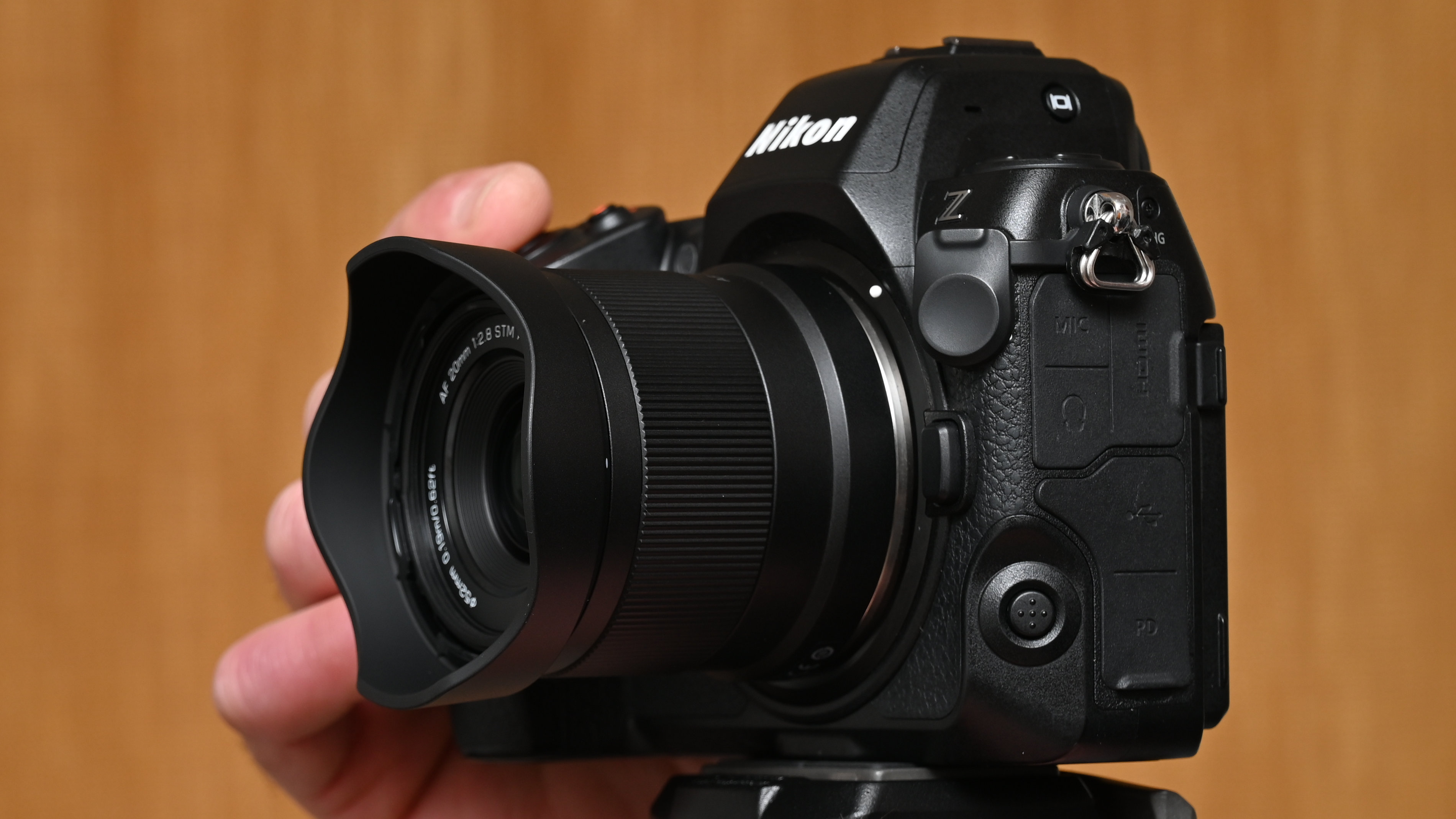
I have Nikon Z and Sony E-mount camera bodies that I use for work on a pretty much daily basis. My supporting cast for both types of cameras includes a number of own-brand Nikon and Sony lenses, plus a growing range of Viltrox lenses. The latter includes the APS-C format Viltrox AF 13mm F1.4, Viltrox AF 23mm F1.4, Viltrox AF 33mm F1.4, and Viltrox AF 56mm F1.4 primes, plus the faster Viltrox AF 27mm F1.2 Pro,
A common factor among all of these Viltrox lenses is that they deliver impressive image quality and all-around performance while being much less expensive to buy than comparative own-brand Nikon and Sony lenses. The AF 20mm is an ultra-wide-angle, full-frame compatible prime that aims to be one of the most affordable lenses for Nikon Z and lenses for Sony E mount cameras.
For casual shooting, I tend to use a 24-70mm f/4 zoom, and my go-to outfit is a Nikon Z 6II with its Nikon Z 24-70mm F4 S kit zoom. I find it a very easily manageable combo in terms of size, weight, and handling characteristics, and I’m constantly impressed with the image quality. I need a good reason to carry an extra lens, and the Viltrox AF 20mm is a very compelling contender. For landscapes, cityscapes and architectural interiors, I find the maximum field of view of a 24-70mm zoom often doesn’t go quite as wide as I’d like. This lens gives a wider perspective, a faster f/2.8 aperture, and at just over a couple of inches long and weighing a mere 173g, it’s pretty much small enough to fit in a coat pocket and won’t weigh me down. It’s also unfeasibly inexpensive to buy.
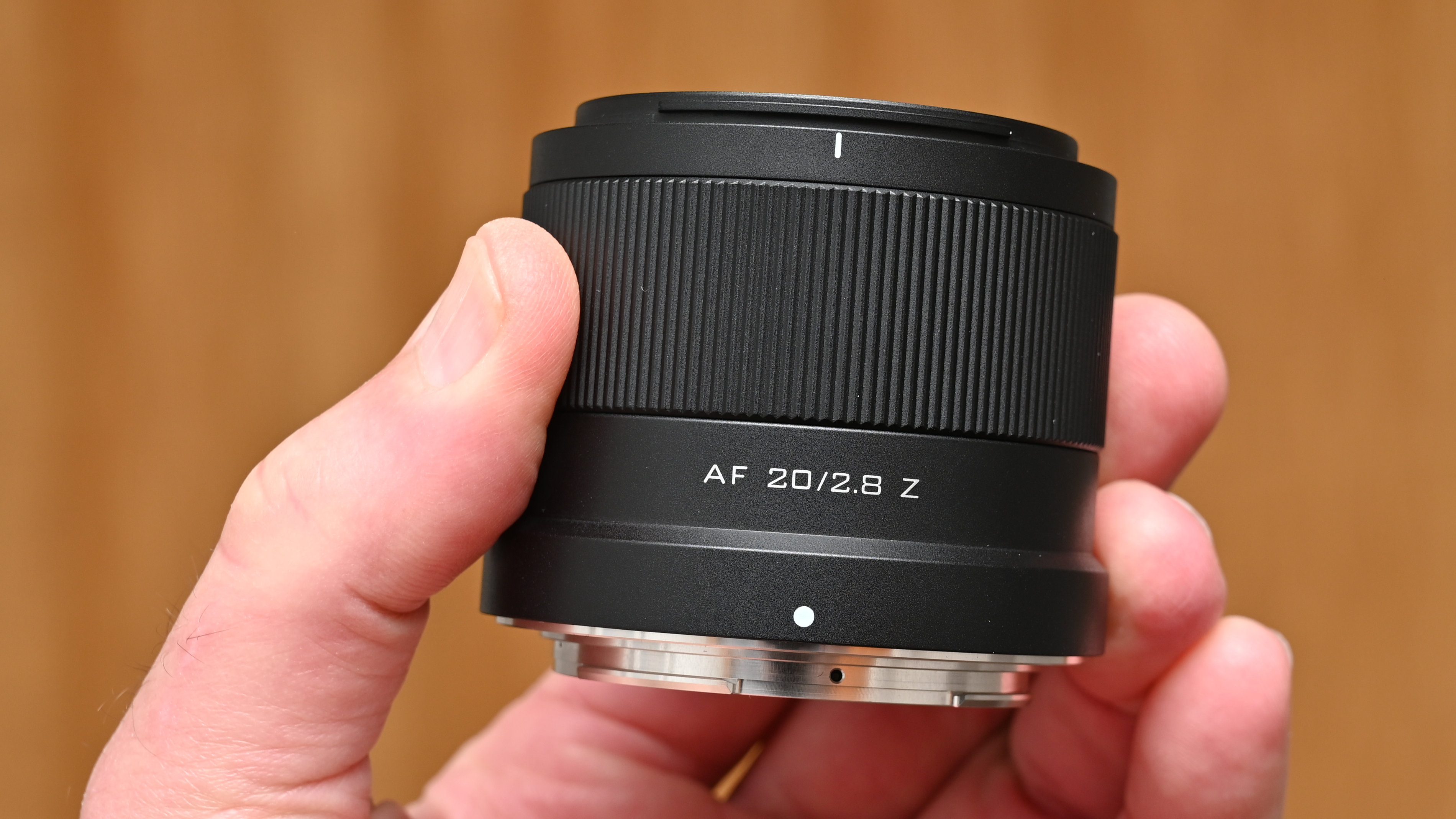
Viltrox AF 20mm F2.8: Specifications
Viltrox AF 20mm F2.8: Price & Availability
Pre-dating the newer Viltrox AF 40mm F2.5 lens, which costs around $158 / £165 / AU$259, the AF 20mm was launched a few months earlier, at the same price. It’s available from Viltrox’s online store, as well as from a growing range of retailers around the world.
Viltrox AF 20mm F2.8: Design & Handling
When I think of ‘cheap lenses’, the ones that spring to mind are all-plastic, right down to and including the mounting plate, and are generally supplied without a hood, which I have to buy separately as an ‘optional extra’. This Viltrox lens feels a lot more solid. Despite being very lightweight, it has an aluminum mounting plate which even includes a USB-C port for applying firmware updates, if and when necessary.
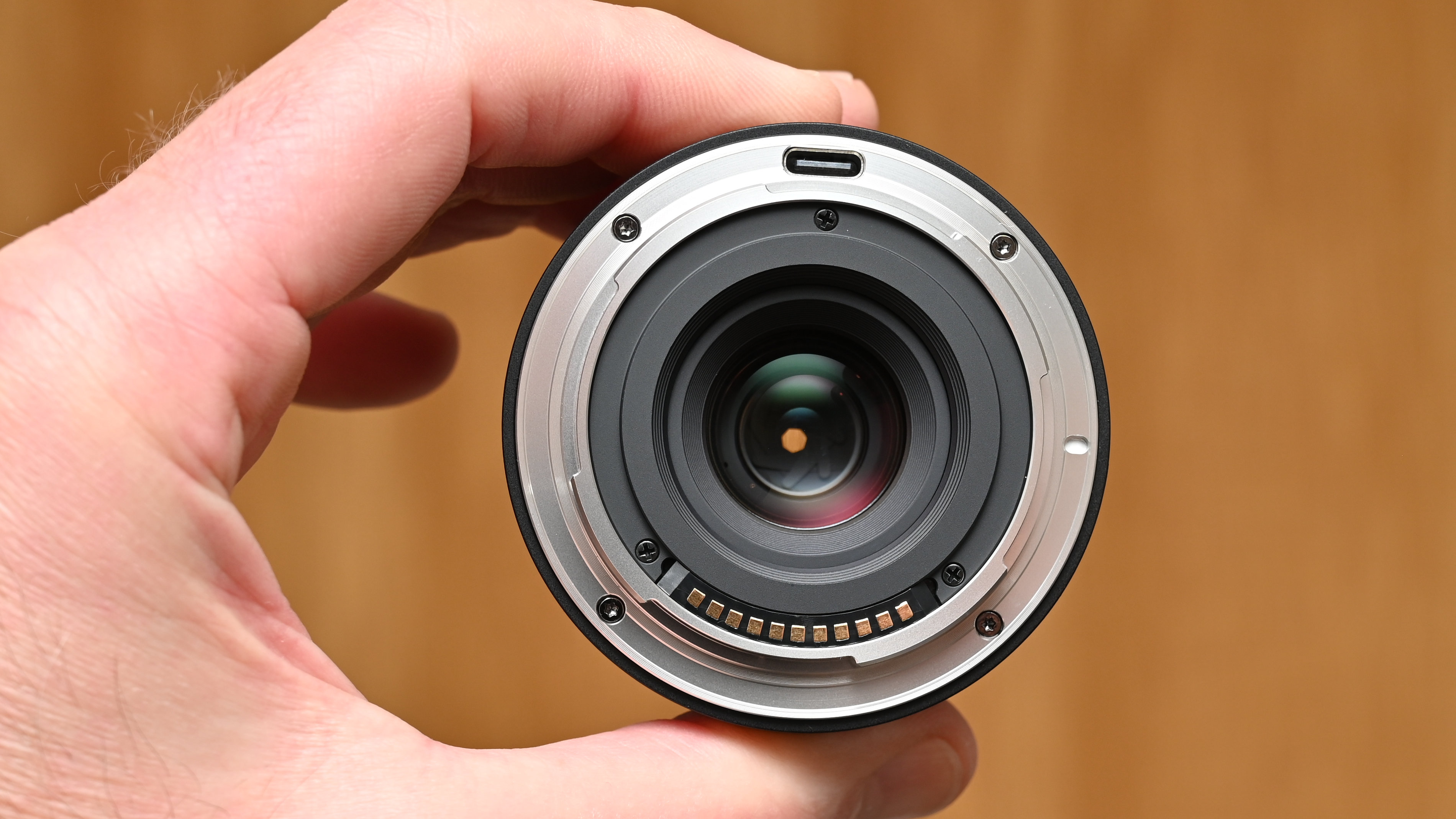
The lens also comes complete with an effective, petal-shaped hood and a carrying pouch, all served up in a stylish retail box. It looks and feels a quality item, right from the get-go.
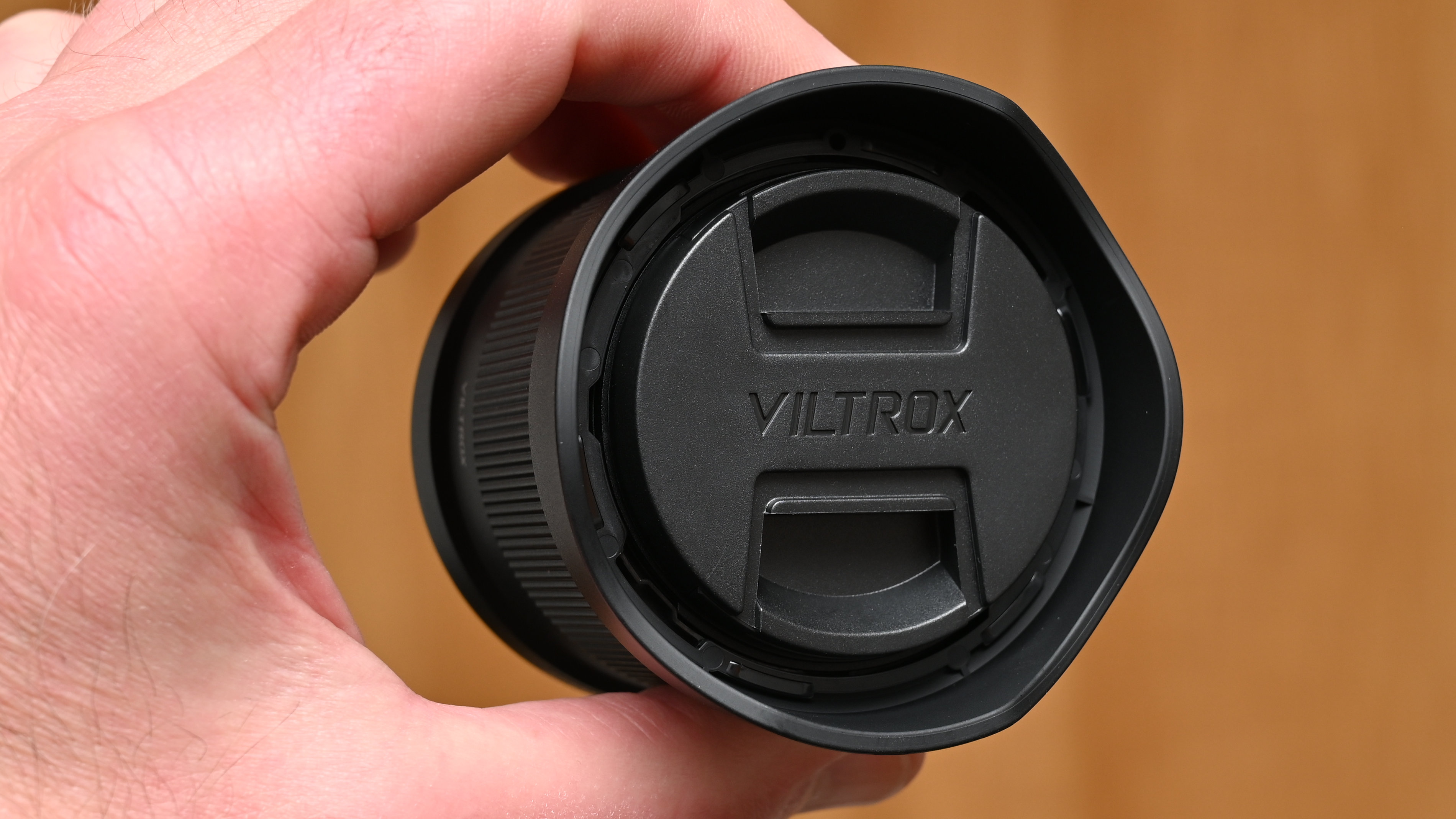
The Viltrox certainly isn’t a ‘dumb lens’, and features the full complement of a microprocessor and associated electronics. Autofocus is courtesy of a now typical lead-screw stepping motor, enabling snappy autofocus for stills and smooth, virtually silent transitions when shooting video.

In terms of optics, the Viltrox certainly doesn’t feel as if it’s been built ‘down to a price’. It features 10 optical elements in 8 groups, including two aspherical elements, two ED (Extra-low Dispersion) elements and one HRI (High Refractive Index) element. The overall aim is for good clarity and contrast, with a reduction in chromatic aberrations. To minimize ghosting and flare, the lens features HD Nano multi-layer coatings, and there’s even a fluorine coating on the front element to repel moisture and greasy fingermarks. That’s a lot of optical finery for a ‘budget lens’!
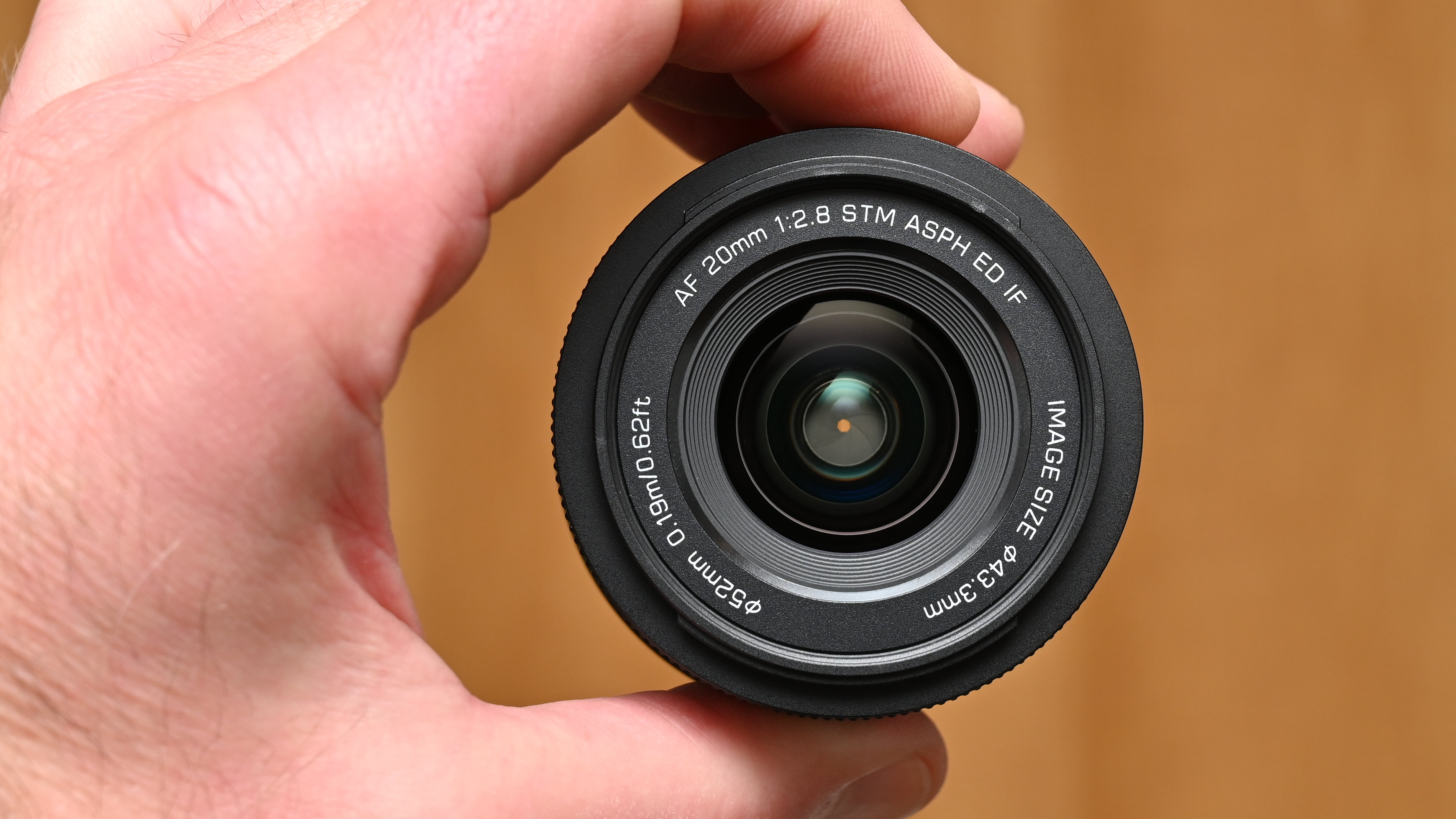
The wide viewing angle is useful in so many situations when shooting stills, but also makes the lens highly suitable for vlogging, when you want to set the scene by placing yourself against the backdrop of your surroundings. For video, the de-clicked aperture ring that’s featured in various other Viltrox lenses would have come in useful. However, where featured in host camera bodies, you can assign stepless aperture control to the lens’s manual focus ring while in autofocus mode.
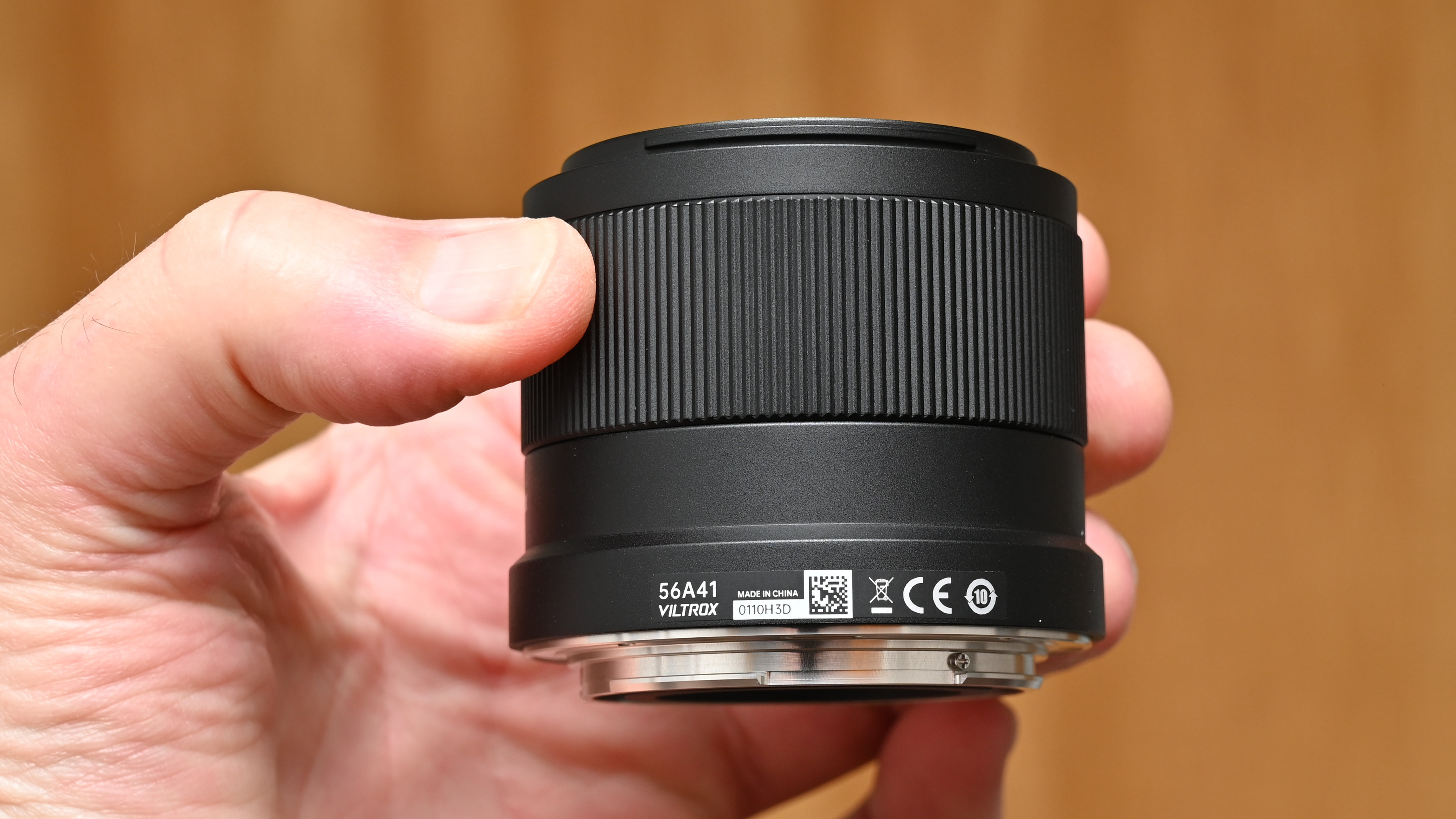
Viltrox AF 20mm F2.8: Photo Performance
I tested the Nikon Z-mount edition of the Viltrox AF 20mm F2.8 lens using a Nikon Z 8. The 45.7 megapixel image sensor of this camera is a stringent test for the resolving power of any lens, especially one that’s so cheap to buy. In real-world shooting, I found center-sharpness to be very impressive even when shooting wide-open at f/2.8, although it pays to stop down a little if you need good sharpness all the way out to the edges and corners of the image frame. Resistance to ghosting and flare is also fairly good, helped by Viltrox’s high-tech coatings.

The lens has been criticized in some quarters for exhibiting distortion. I feel that’s a little unfair because very many recent lenses designed for mirrorless cameras rely heavily on automatic in-camera correction for distortion – and not just wide-angle lenses where distortion is generally more problematic. Unlike with many lenses, you can switch off in-camera correction if you want to, whereas the function is ‘forced on’ for many lenses. Either way, I found that in-camera correction was very effective for this Viltrox lens, as well as when processing RAW files with the supporting lens profile in Adobe Camera Raw.
Overall, the Viltrox isn’t just a great ‘budget’ lens, but a highly attractive wide-angle prime – period.
Viltrox AF 20mm F2.8: Sample Images
The example images in the following gallery were taken in sunny conditions at Bristol Docks in the UK, using the lens with a Nikon Z 8 camera body.


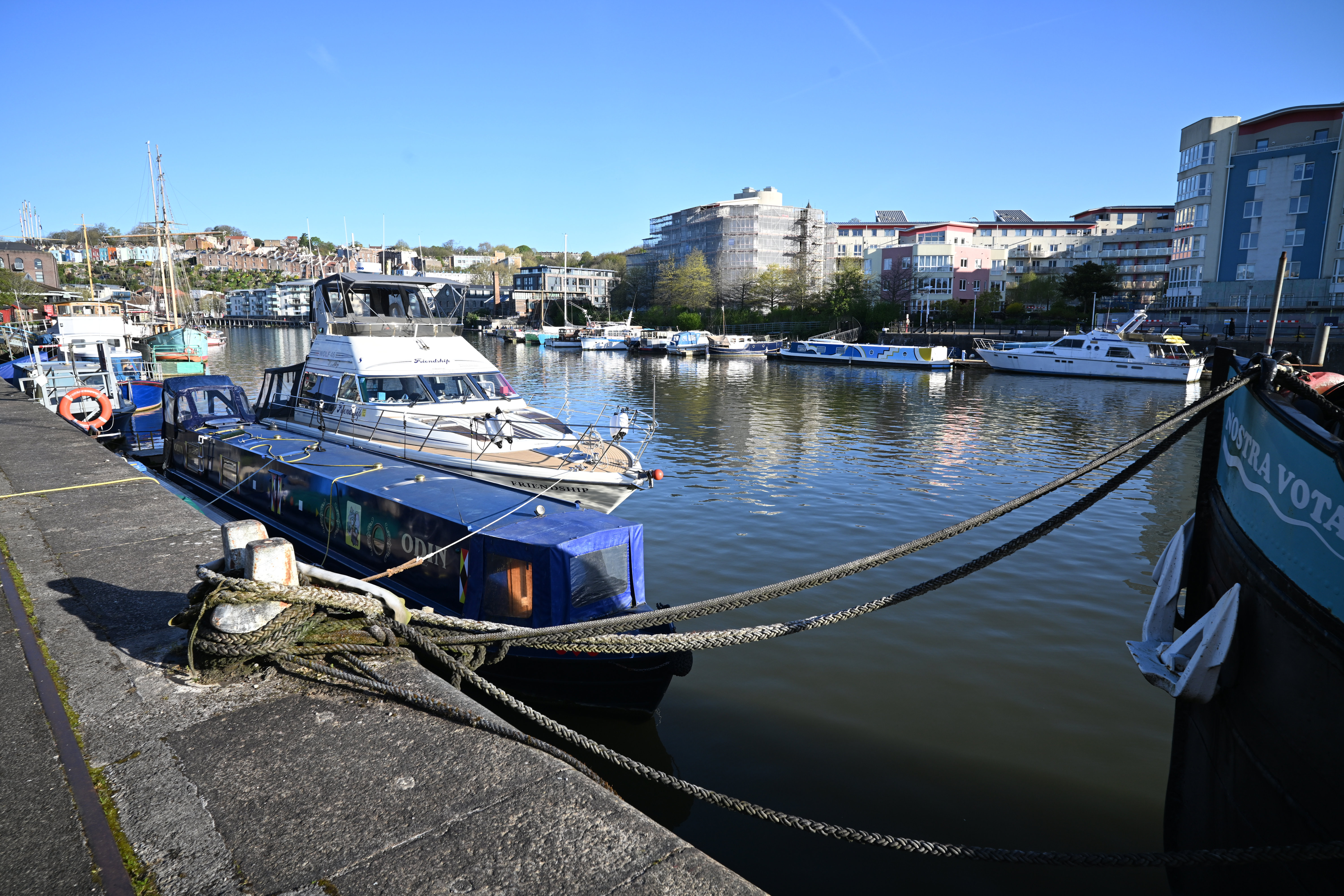

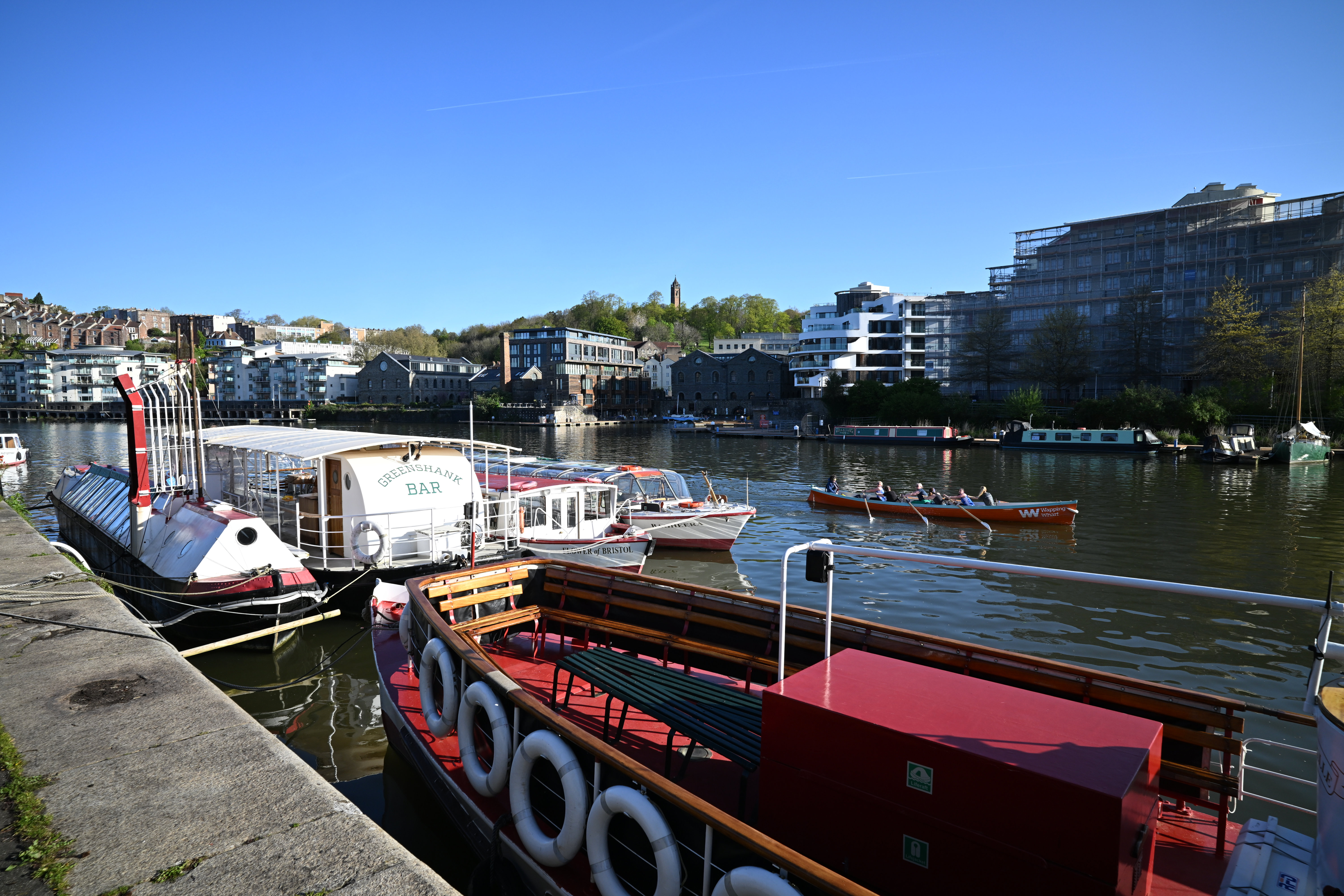


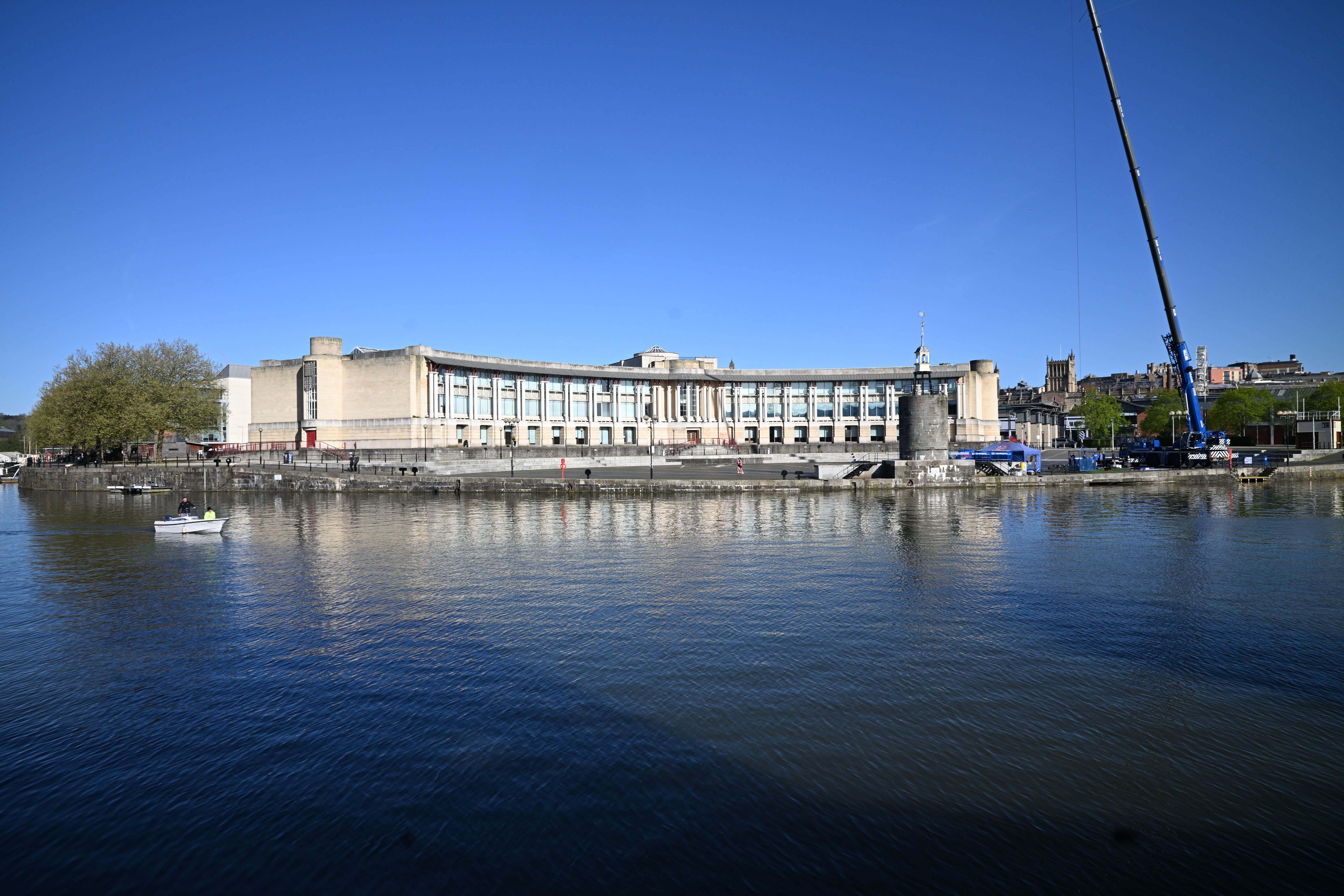


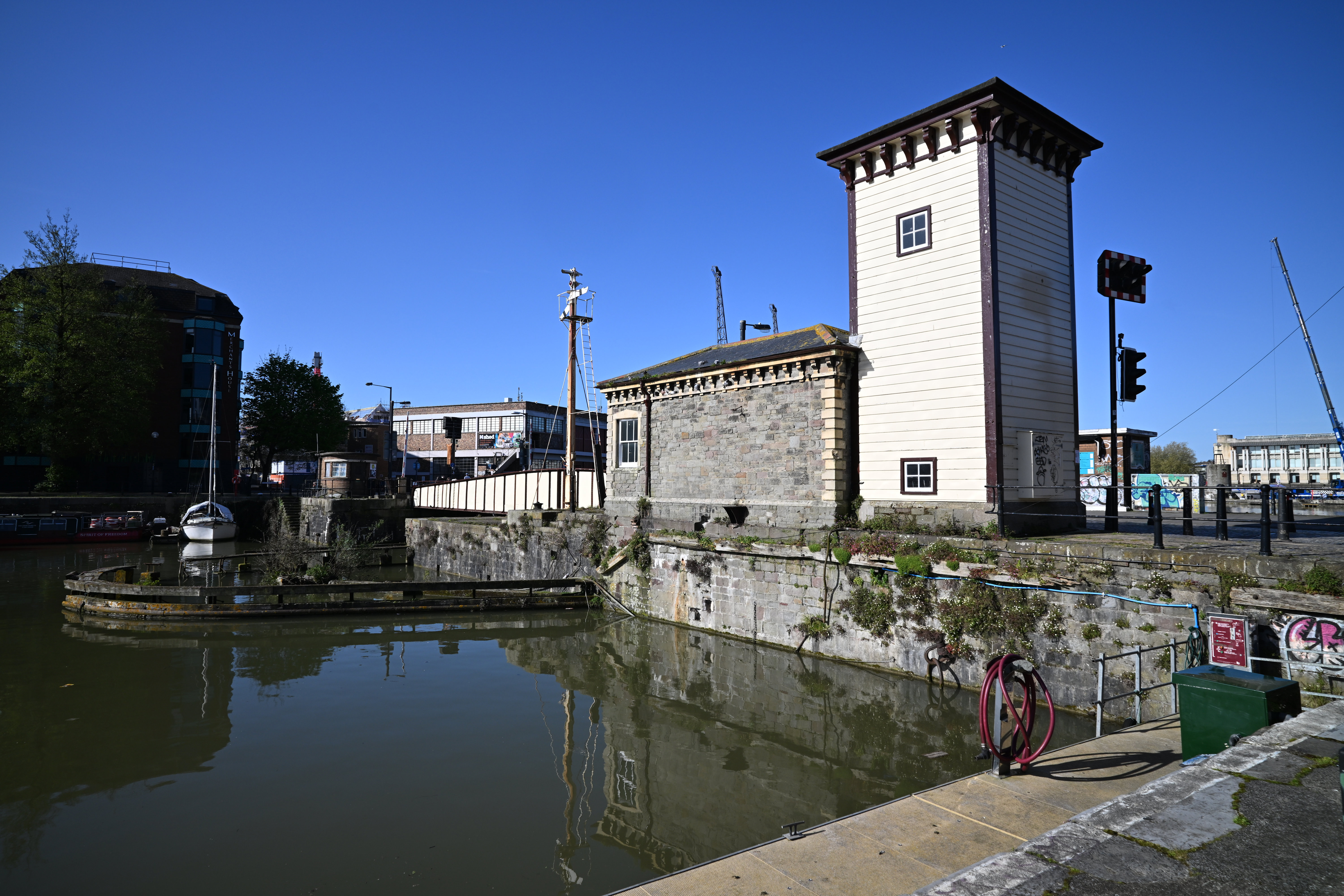
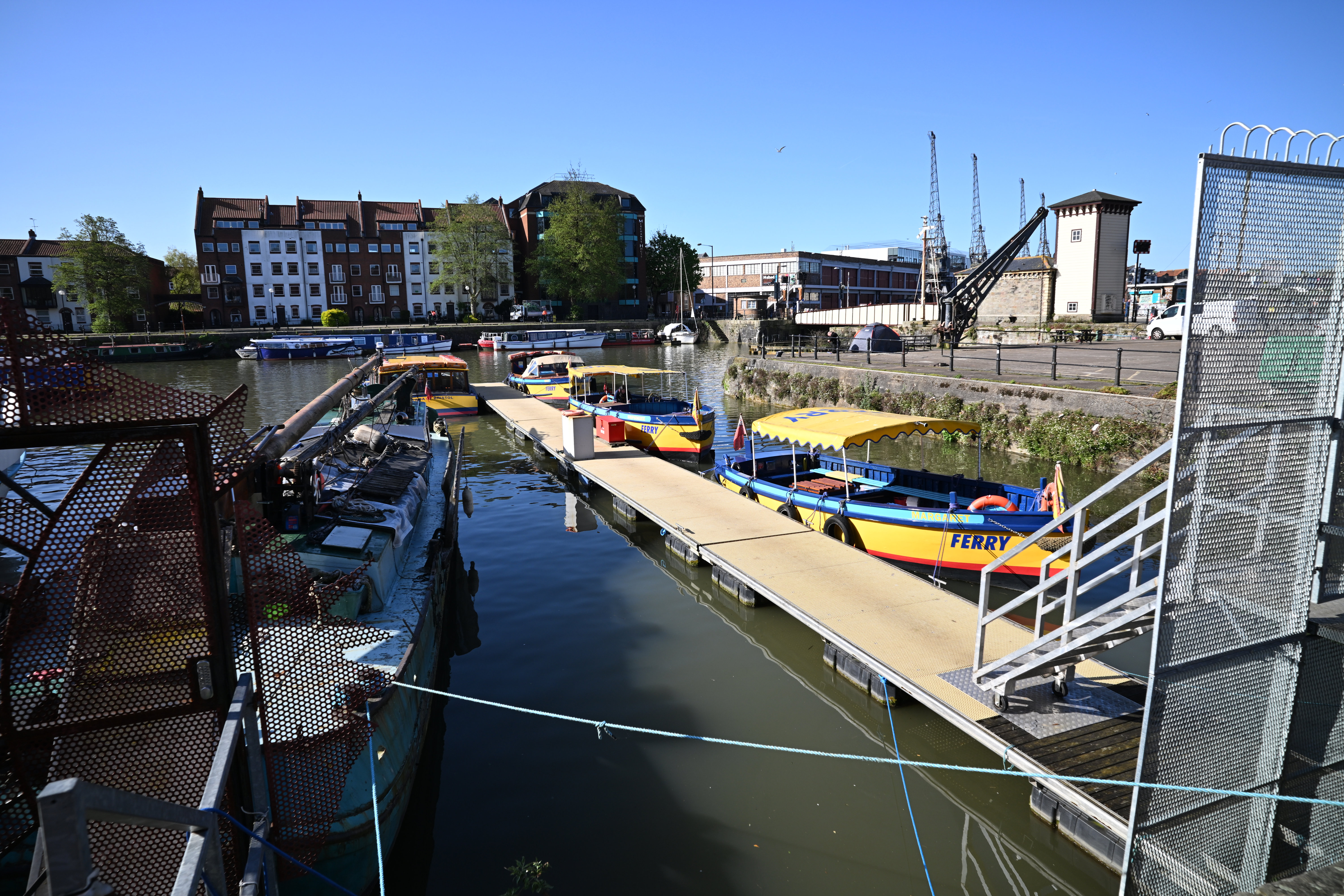


Viltrox AF 20mm F2.8: Lab Results
We run a range of lab tests under controlled conditions, using the Imatest Master testing suite. Photos of test charts are taken across the range of apertures and zooms (where available), then analyzed for sharpness, distortion and chromatic aberrations.
We use Imatest SFR (spatial frequency response) charts and analysis software to plot lens resolution at the center of the image frame, corners and mid-point distances, across the range of aperture settings and, with zoom lenses, at four different focal lengths. The tests also measure distortion and color fringing (chromatic aberration).
Sharpness:
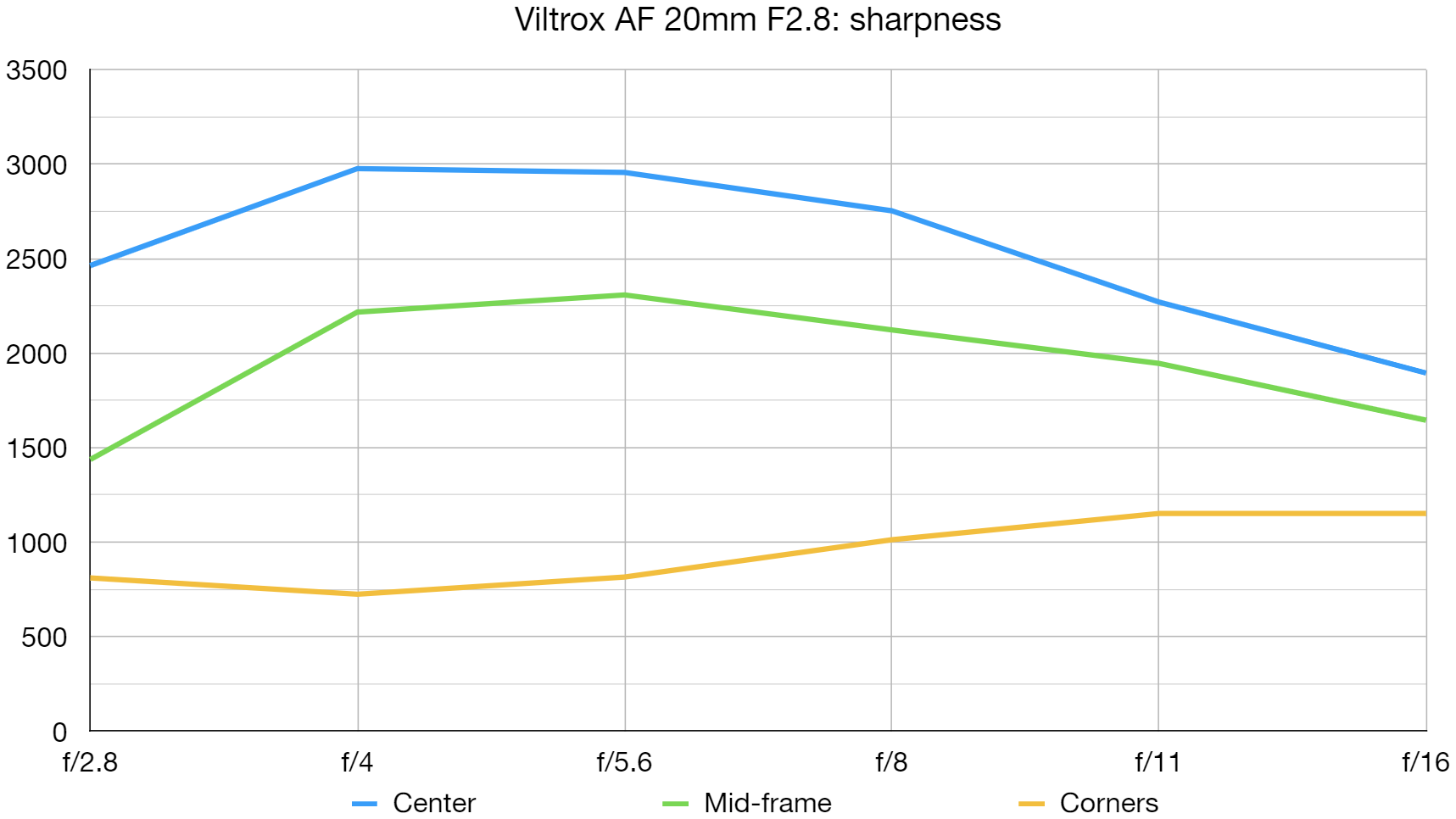
Center-sharpness is very impressive even when shooting wide-open at f/2.8. Based on short-range shooting of test charts, edge/corner-sharpness looks comparatively lackluster but, at more typical focus distances, it’s pretty reasonable at wide apertures and becomes very satisfying at apertures of f/5.6 to f/11.
Fringing:
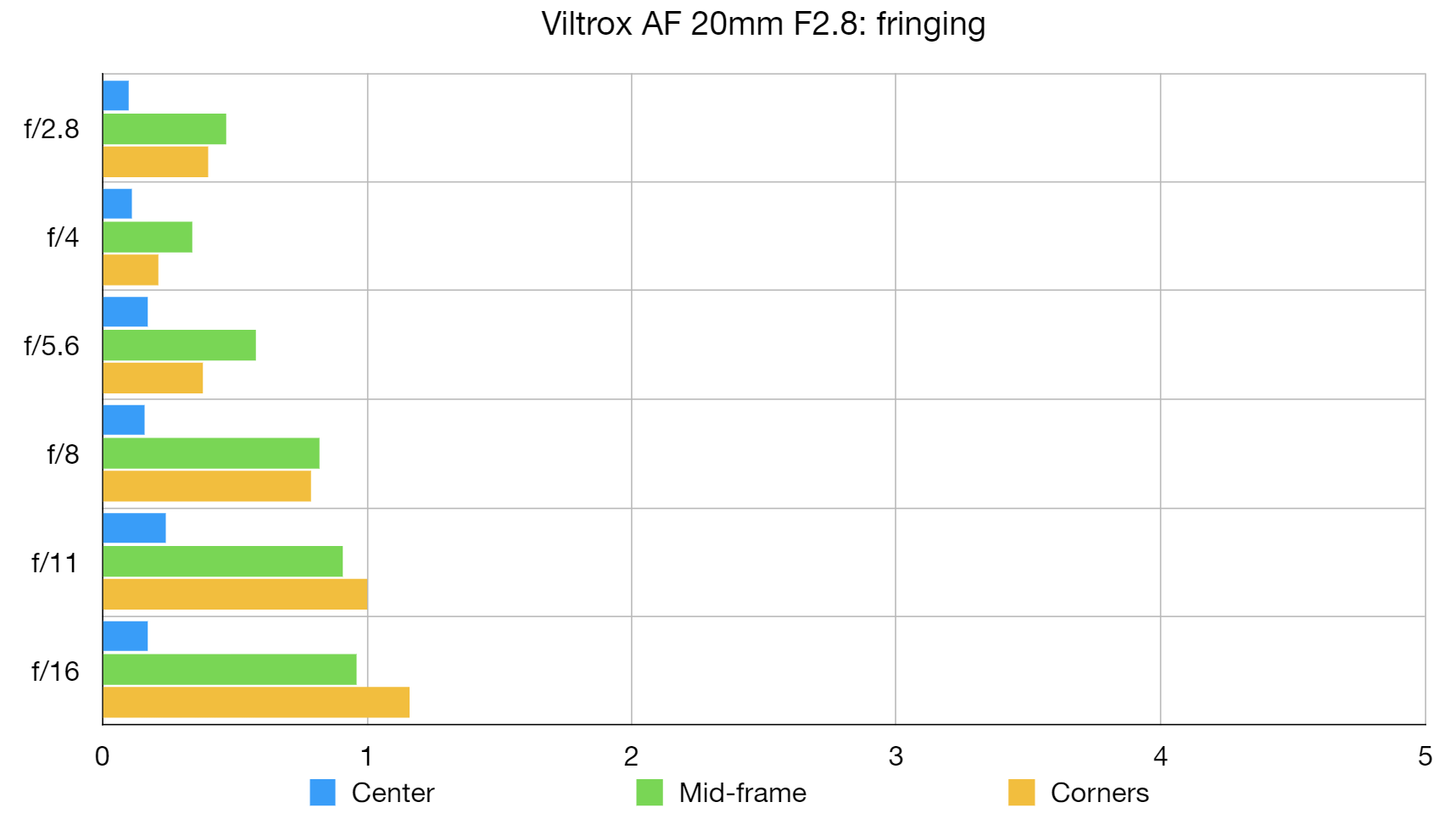
Color fringing is well controlled and generally hard to spot even out at the edges and corners of the frame. Automatic in-camera correction is generally able to completely eliminate this aberration.
Distortion: -0.31
For a modern wide-angle lens designed for mirrorless cameras, barrel distortion is very restrained and you’re not forced into using automatic in-camera correction. When corrected, distortion is very minimal.
Viltrox AF 20mm F2.8: Verdict
I like that the ultra-wide-angle Viltrox AF 20mm F2.8 gives me a useful boost to the field of view of my 24-70mm standard zoom while being compact and lightweight enough to carry around without any inconvenience. Image quality and all-round performance are impressive. I’d be very tempted by this lens even if it was twice as much to buy. At the price, it’s a no-brainer.

Should you buy the Viltrox AF 20mm F2.8?
✅ Buy this...
- Small size and weight
- Amazingly budget-friendly
- Expansive viewing angle
🚫 Don't buy this...
- Lacks zoom versatility
- Not weather-sealed
- No aperture control ring







